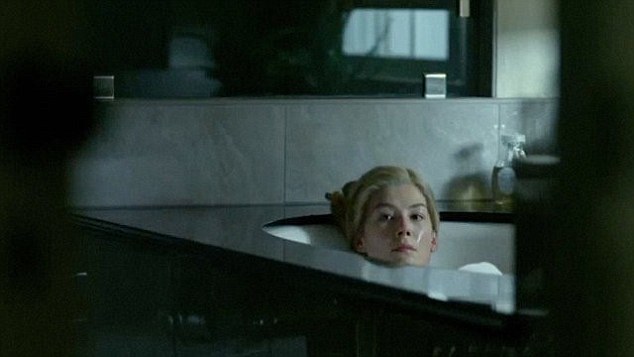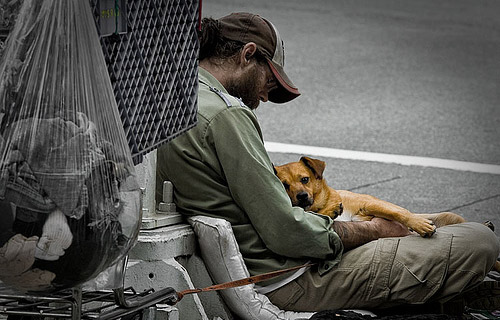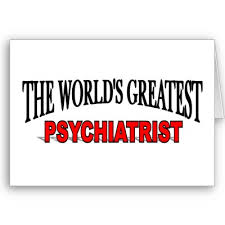
10-6-14 I’ve always wanted one of my books to make it onto the big screen in a major motion picture and this weekend that happened — only not exactly as I had planned.
Circumstantial Evidence: Death, Life, and Justice in a Southern Town can be seen briefly in Gone Girl, the psychological thriller based on the best-selling book by Gillian Flynn.
I don’t want to spoil the movie so I’ll simply say that the camera pans slowly over several nonfiction crime books, the last being mine, while a killer is plotting a murder. Yep, my book is a prop.
Ironically, the same week that Circumstantial Evidence appeared in Gone Girl, I received an advance copy of Just Mercy by Bryan Stevenson, which will go on sale October 21st, and already has been nominated for several awards.







